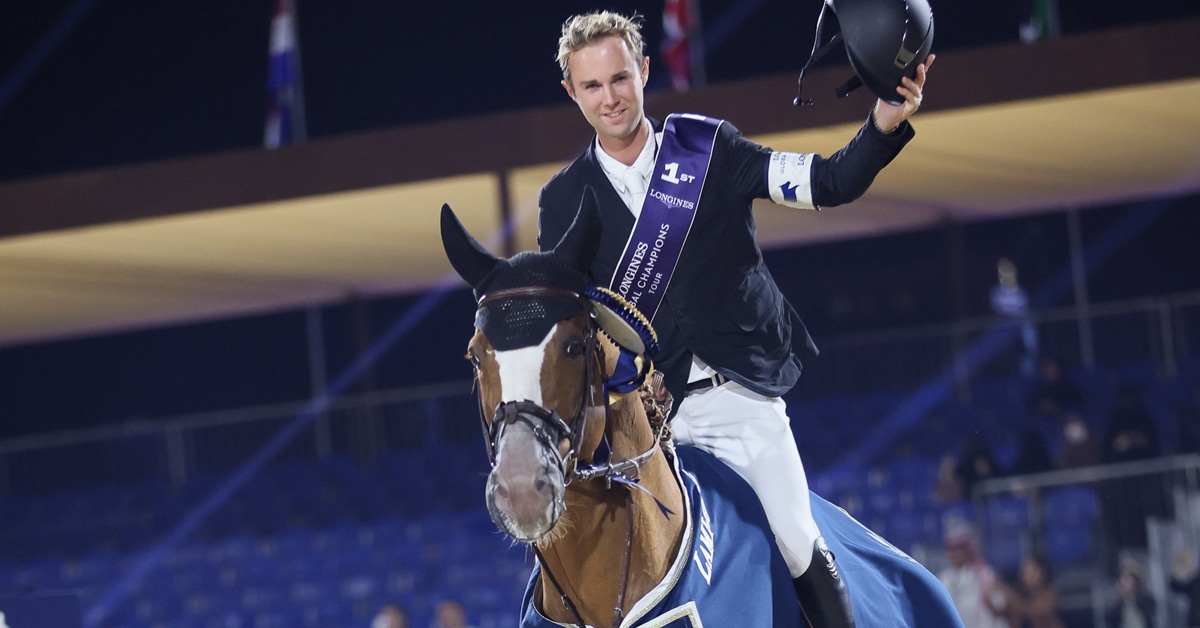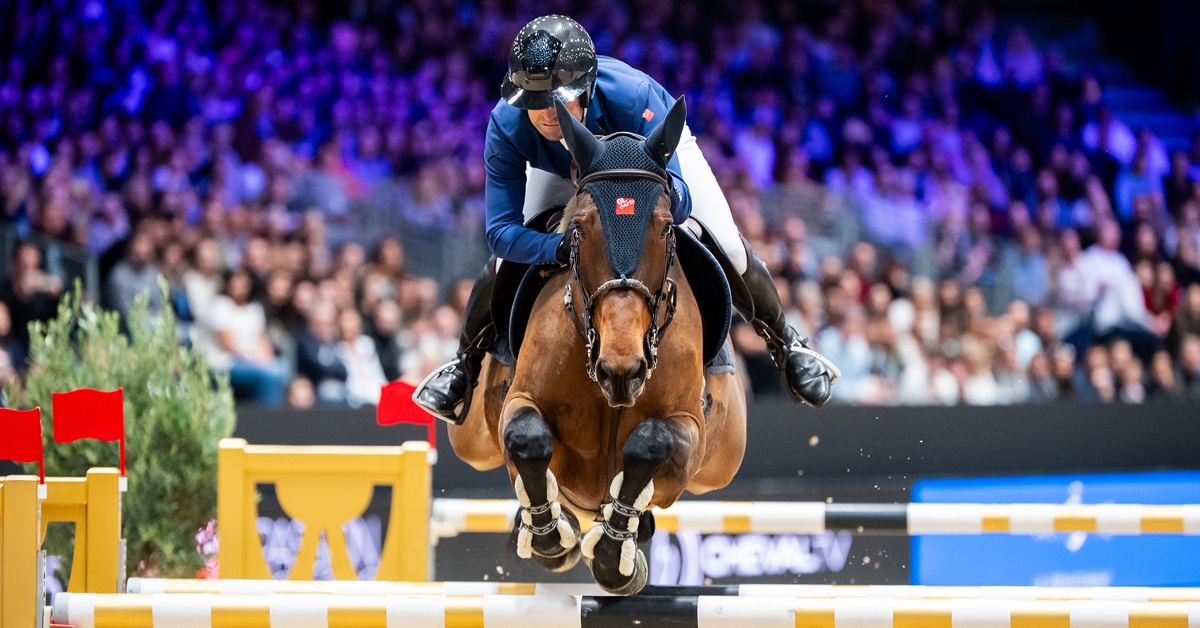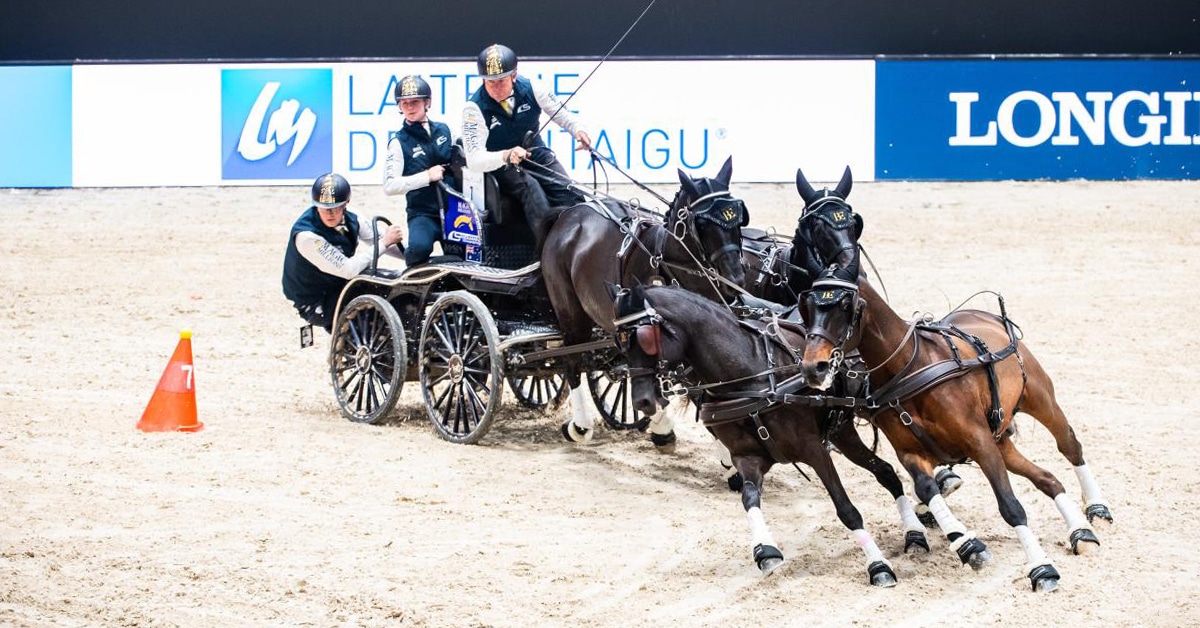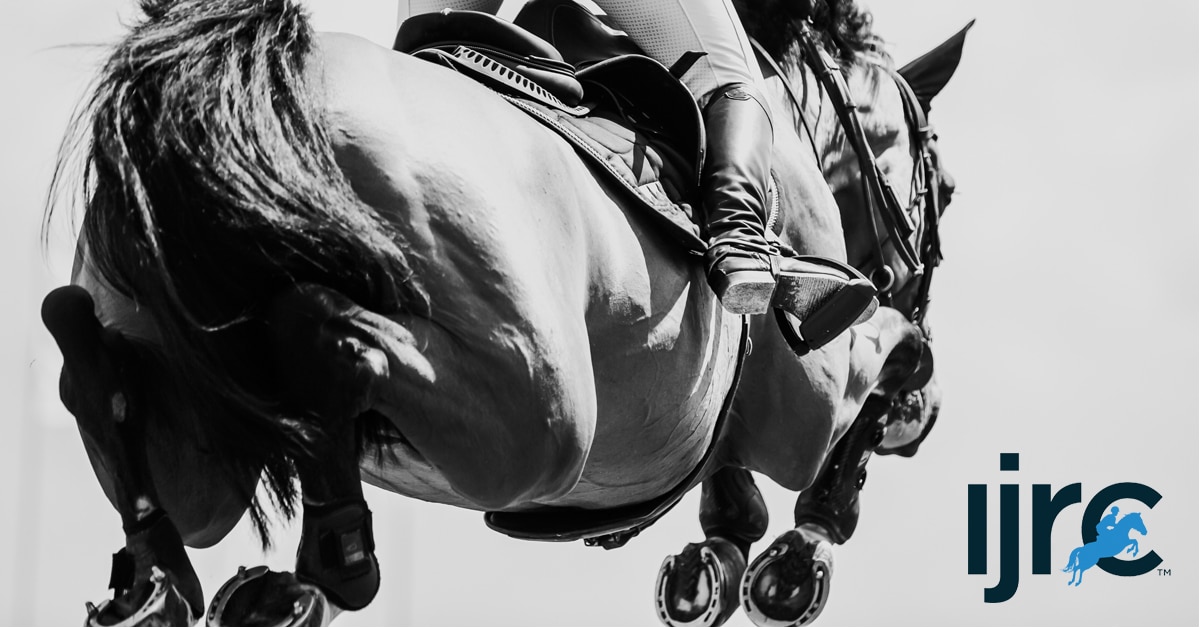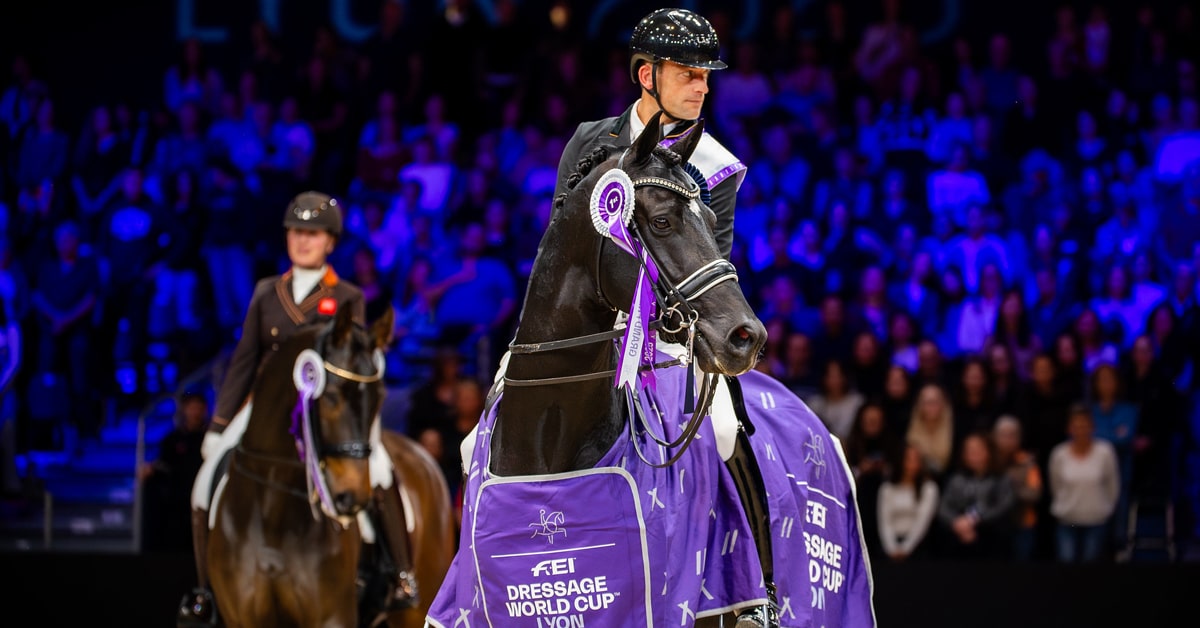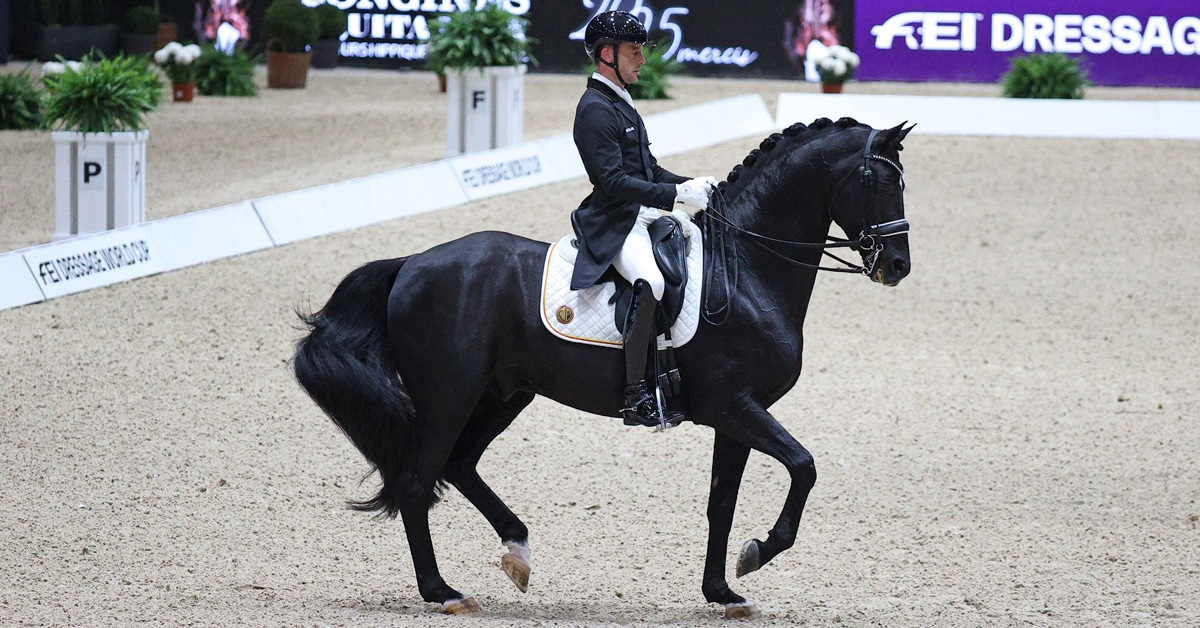Bring your passion for writing to the equine industry this fall with the newly redeveloped online Equine Journalism course, taught by experienced journalist Emily Esterson. The 12-week University of Guelph course has been redesigned to provide students with the tools, techniques, and knowledge needed to develop compelling content, and will include the latest trends and best practices in the growing industry.
OpenEd and Equine Guelph have been pioneers in online learning, offering highly interactive award-winning courses since 2003. “We are pleased to welcome Emily Esterson to the team,” says Equine Guelph director, Gayle Ecker. “We anticipate busy discussion boards from our unique online global learning community, keen to learn the latest in journalism.”
As a lifelong horsewoman who has worked for most of the big equine magazines at one time or another, Esterson brings a unique experience to the course – an understanding of how to be a successful journalist, what horse publications are seeking in contributors, and how to present content to different outlets. Esterson has been the editor of Equine Veterinary Management and Equestrian Retailer magazines and has authored 3 books including bestseller, The Ultimate Book of Bits (Skyhorse Press, NY), The Adult Longeing Guide: Exercises to Build an Independent Seat, and Covering the Business Beat: Strategies for Publishing What Your Write. Emily practices the sport of eventing, and has five horses on her farm in Albuquerque, NM, USA.
“The journalism field has changed so much over the years,” says Esterson. “While print magazines still exist, they are much smaller and produce fewer issues per year. At the same time, the digital world has exploded, meaning equine journalists can increasingly contribute to multiple outlets across the board including digital magazines, web-based publications, news sites, and more.”
With a master of business administration and a master of fine arts in non-fiction writing, Esterson has a well-rounded view of the professional side of journalism as well as the technical skills needed to be a good writer, both of which are important in this industry.
“Learning about equine journalism will help students understand the publishing industry in more detail and help them focus on skills they need to develop,” says Esterson. “Students will also gain transferrable skills including essential writing and editing skills and important media literacy concepts.”
This course is also not just for those looking to get into journalism, Esterson explains.
“These days, anyone who is interested in marketing, public relations, content creation, or even making documentaries would benefit from this course. Good storytelling is good storytelling, and the research, reporting, fact-checking, and writing skills needed for journalism are the same across many disciplines.”
The lines between these specialties are increasingly blurry, and it’s important that equine journalists are able to cross over into the marketing, social media, and public relations disciplines. They also need to have the skills to produce multimedia content, whether that’s photographs, audio, or video recording.
“It’s all part of being an equine journalist in the 21st century.”
Equine Journalism begins September 13, 2021. Take advantage of the early bird rate until Aug 13.
Register at: uoguel.ph/eq-journalism
More News
